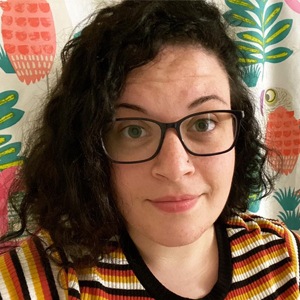Video games keep me from feeling alone
The morning of my preliminary examination I was so tired. I hadn’t slept through the night in about a week. The bags under my eyes were bigger than the suitcases I wanted to pack for a trip to get away.
As I sipped my coffee, I felt my kidneys scream at me; they hadn’t seen much more than coffee and the occasional sip of water in a few days. I was exhausted, and my brain couldn’t fit one more piece of information into it without the risk of every other piece of information tumbling out.
My preliminary examination — the hurdle to advance to Ph.D. candidate — involved a seven-page National Institutes of Health–style grant proposal on my project and an oral defense of said project in front of my thesis committee. Normally, the oral defense is done in person, but due to COVID-19 my preliminary examination was held over Zoom.
I sat down at my kitchen table that morning, laptop in front of me and clicked on the Zoom application. As it was opening, I hopped out of my chair to grab a container of treats that I could throw at my cat Luna to keep her quiet during my defense. Luna is a teeny-tiny tuxedo cat, but you’d never guess her size based on her louder-than-life meow. She wants to be involved in every Zoom call, and this was not the day for that.
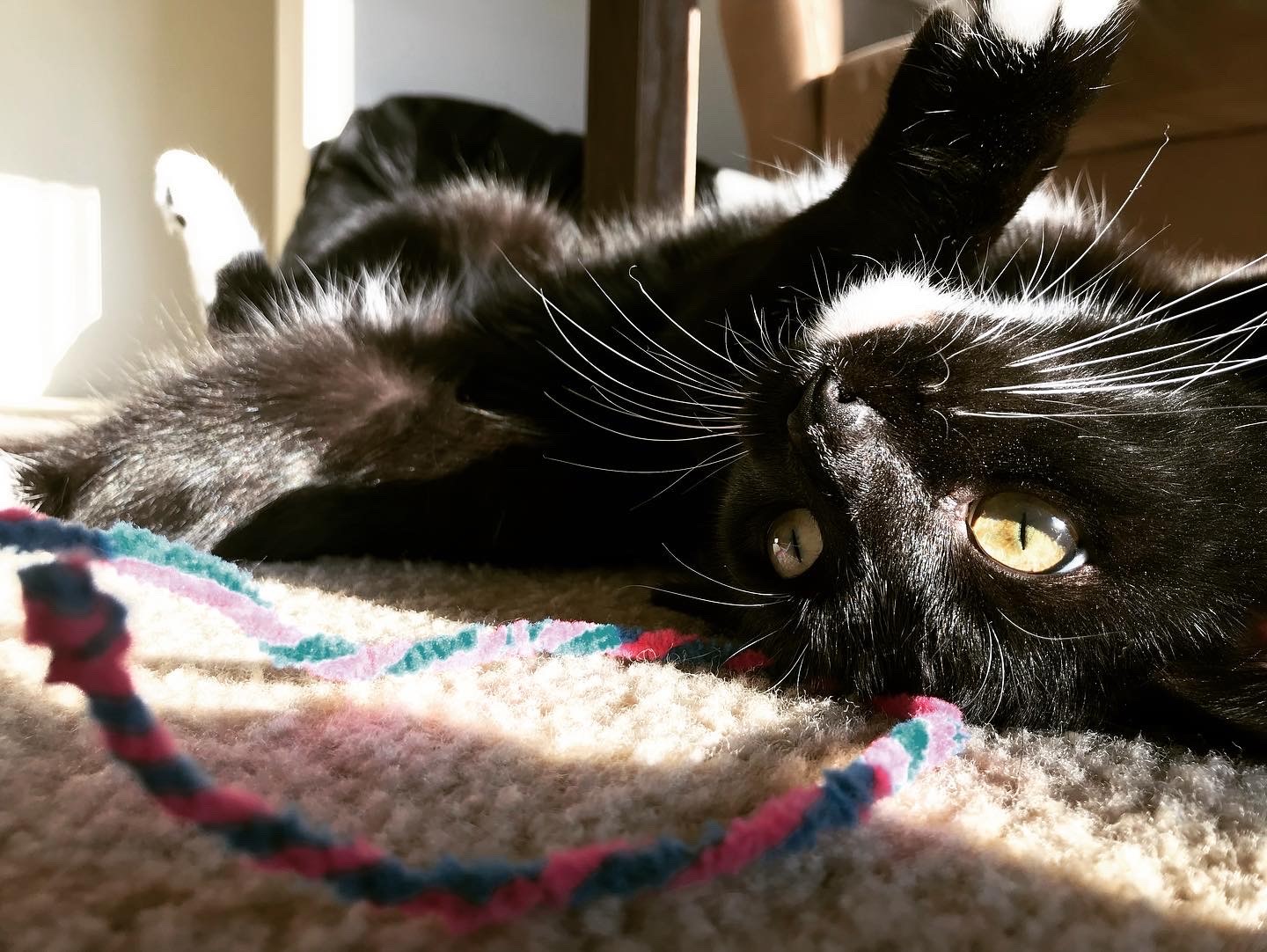
As soon as the Zoom app opened, it crashed — over and over again. I frantically opened Twitter and saw the banner “Zoom global shutdown.”
Tears started pouring out of my eyes as all the emotions I had been shoving down during my weeks of nonstop preparation erupted like a long-dormant volcano. One of my committee members saw the Twitter notification and wrote, “We should reschedule.”
I felt like I was going to barf. I could not possibly push off this exam any longer. My poor kidneys and brain needed a break.
A moment later, another committee member swooped in to save the day wearing a Google Hangout cape. She had already created a room and invited us all to it. I felt better; the only thing I knew I could not do was postpone this exam. I needed it to be done.
The oral defense went by so quickly, it was basically over as soon it began. We chatted about science as I tried to throw cat treats to Luna inconspicuously to keep her meowing at a minimum. Ninety minutes flew by, and before I knew it, I was asked to leave the meeting so the committee could decide if I passed.
I called my friend Allie who is also in my graduate program to tell her I thought it went okay. As soon as the call connected and I got three syllables out of my mouth, the committee requested I rejoined the meeting. I had passed — and with flying colors no less.
The mental Tetris I played to cram every piece of information from every historical paper paid off. The hours I spent mapping out every experiment I proposed and how any result could change the direction of the project paid off. As soon as I jumped off the Zoom call, I heard a knock at my door. My girlfriend had been standing on the other side, listening for a lull in conversation so she could come in. She had a bag of my favorite comfort items from Target so we could celebrate regardless of the outcome. Spilling out of the bag were a extra-large package of Sour Patch Kids, a candle, a new stress ball and some Pokémon cards.
I passed my preliminary examination, but I struggled immensely in the build-up to that day. I felt underprepared, overstressed and disconnected from graduate school and my department. A handful of people including my wonderful advisor, Justin Kumar, kept telling me that I’d be okay, that I was prepared and that I would pass. But I struggled to believe them because I couldn’t believe the expectations for me would be the same as they were before COVID-19. We were stuck in our houses without seeing friends, families or even our lab benches for at least six months. How could expectations possibly be the same? And how could I possibly perform like the students before me who went through this examination without the looming threat of a global pandemic?
I spent many anxious hours asking myself how I could convince myself, and therefore my thesis committee, that I was worthy of passing the examination when I hadn’t been able to work for almost six months? How could I convince my committee that I was worthy of becoming a Ph.D. candidate when I had been stuck in my apartment, alone, doom-spiraling on all the reasons I might not belong in graduate school?
If you have read to this point, you are probably wondering, what does this have to do with video games? I know. I know. So now let me tell you.
Being locked in a small apartment with the threat of preliminary exams hanging over my head made me feel more alone than ever — so I needed to find new ways to connect with other people. One way I did that was through video games.
When we couldn’t physically be next to one another on the couch watching our favorite TV show, we watched it together on Netflix Party (now Teleparty). When we couldn’t go on vacation, we visited each other’s Animal Crossing islands. When we couldn’t come to terms with our own imposter syndrome, we tried to be the best imposter humanly possible in Among Us.
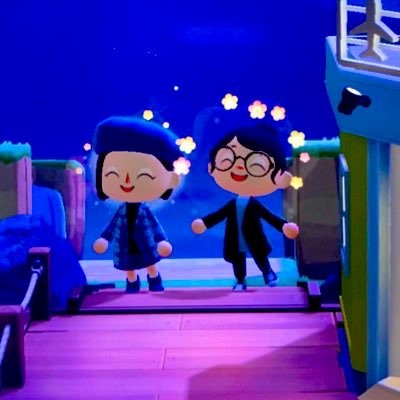
While playing video games, we could spend an hour or two (or seven) immersed in a universe that was not our own. We didn’t have to worry about preliminary examinations because in that world they did not exist. Instead, we could be concerned solely about paying our incredibly expensive virtual mortgage to Tom Nook.
Being a graduate student, this past year has had its challenges — from not being able to be with friends and family (I haven’t seen my family since December 2019) to continued high laboratory work demands and graduate school expectations. When my depression started to creep back in from being alone and overwhelmed, video games offered a peaceful solace.
Whether I was playing alone, online with friends in my new favorite Twitch community or over Zoom, for those minutes or hours I was not alone. I had my villagers on my island, my crewmates in Among Us, my friends laughing at whatever nonsense Quiplash had to offer and the other members of the HogPen from Alex (Xandy) Schiefer’s (co-host of the brilliantly hilarious podcasts “Beach Too Sandy, Water Too Wet” and “Human Seeking Human”) Twitch stream to keep me company.
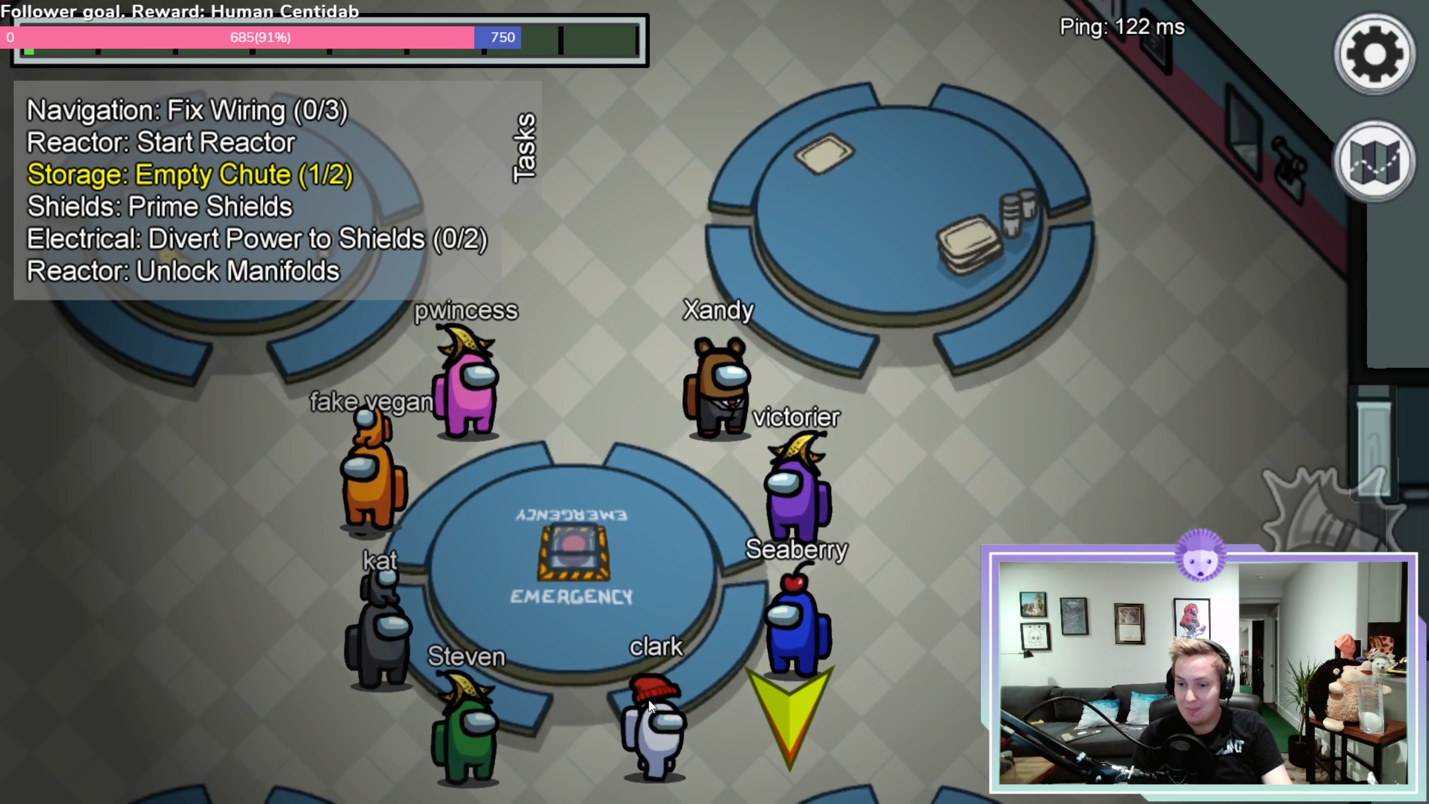
For many of us, the friends who were already there or were made during this time are friends who will last a lifetime; they showed us that during the darkest of times, they would not leave and we would never be alone.
If I spent even one single minute with you this past year on Zoom, on Twitch or playing any video game to seek solace from our day-to-day lives, I want to say thank you. With you, I got through my preliminary examination.
Enjoy reading ASBMB Today?
Become a member to receive the print edition four times a year and the digital edition monthly.
Learn moreGet the latest from ASBMB Today
Enter your email address, and we’ll send you a weekly email with recent articles, interviews and more.
Latest in Opinions
Opinions highlights or most popular articles

Women’s health cannot leave rare diseases behind
A physician living with lymphangioleiomyomatosis and a basic scientist explain why patient-driven, trial-ready research is essential to turning momentum into meaningful progress.
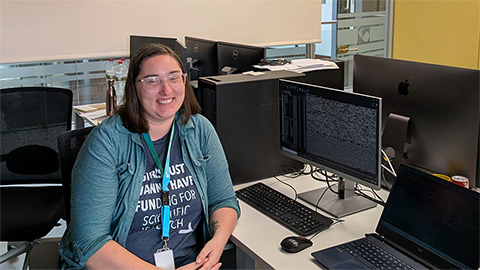
Making my spicy brain work for me
Researcher Reid Blanchett reflects on her journey navigating mental health struggles through graduate school. She found a new path in bioinformatics, proving that science can be flexible, forgiving and full of second chances.

The tortoise wins: How slowing down saved my Ph.D.
Graduate student Amy Bounds reflects on how slowing down in the lab not only improved her relationship with work but also made her a more productive scientist.

How pediatric cataracts shaped my scientific journey
Undergraduate student Grace Jones shares how she transformed her childhood cataract diagnosis into a scientific purpose. She explores how biochemistry can bring a clearer vision to others, and how personal history can shape discovery.

Debugging my code and teaching with ChatGPT
AI tools like ChatGPT have changed the way an assistant professor teaches and does research. But, he asserts that real growth still comes from struggle, and educators must help students use AI wisely — as scaffolds, not shortcuts.

AI in the lab: The power of smarter questions
An assistant professor discusses AI's evolution from a buzzword to a trusted research partner. It helps streamline reviews, troubleshoot code, save time and spark ideas, but its success relies on combining AI with expertise and critical thinking.

